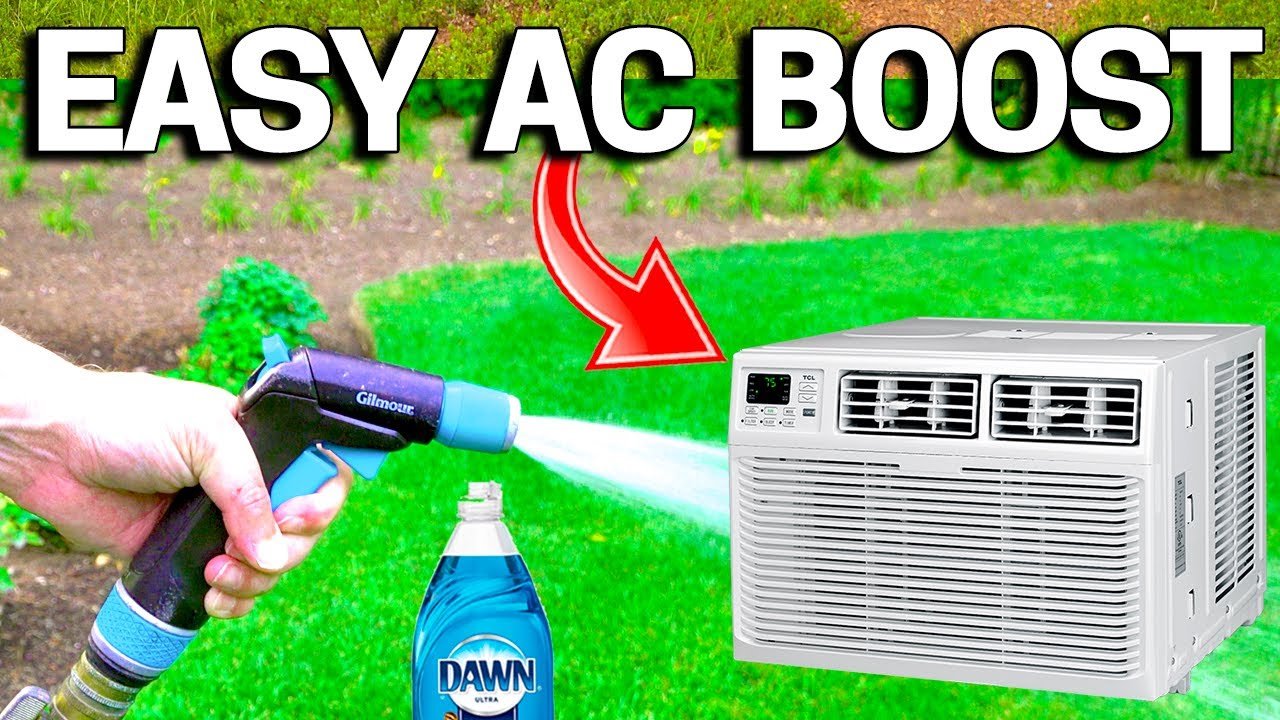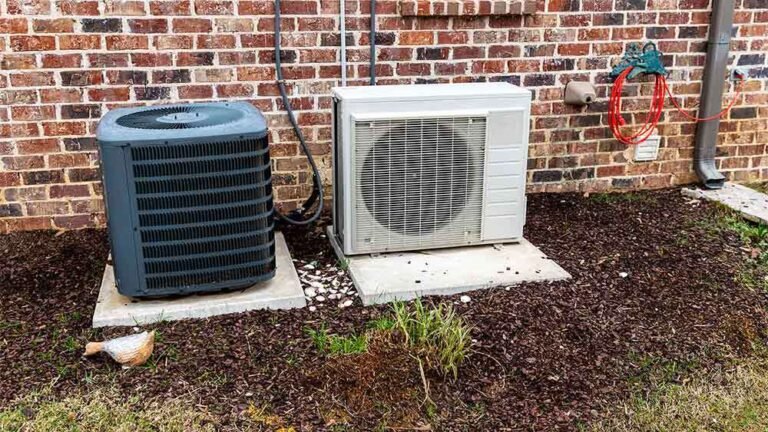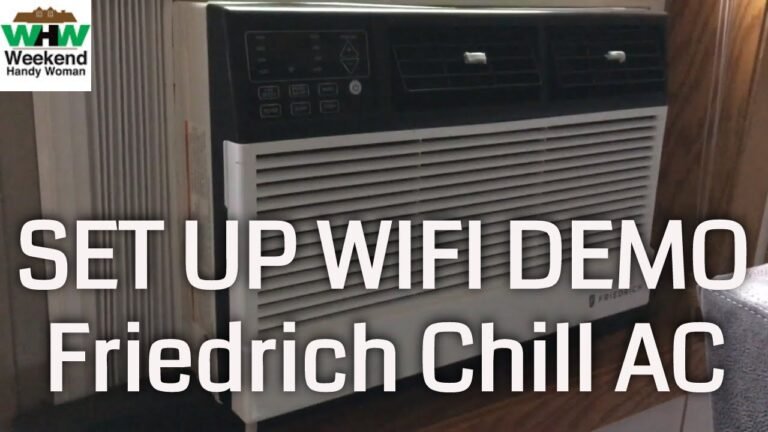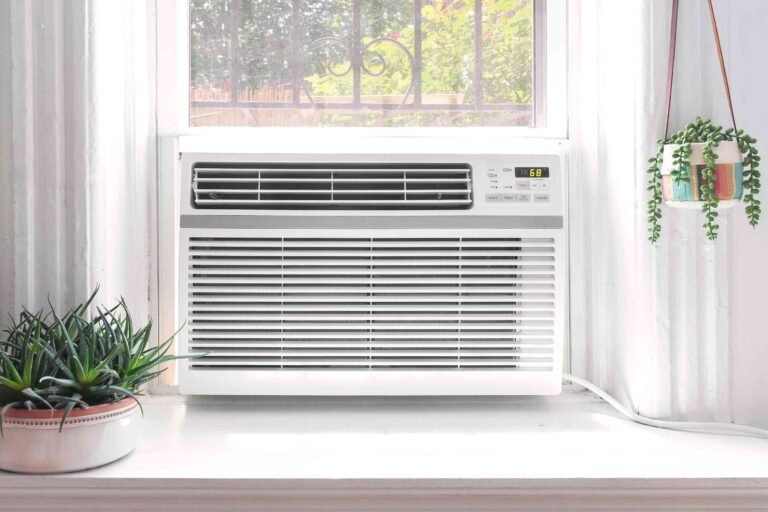Why is My Window AC Blowing Out Water? Fix it Fast!
Your window AC is blowing out water because there is a condensation issue. This occurs when warm air inside the unit comes into contact with cold coils, causing moisture to condense and eventually be blown out.
Window AC units are a popular choice for cooling individual spaces, providing a convenient and efficient solution for many homeowners. However, it can be a cause for concern when you notice water being blown out by your window AC. This phenomenon can be attributed to a condensation issue within the unit.
It occurs when warm air from the room enters the AC, comes into contact with the cold coils, and condenses into water droplets. Eventually, these droplets are blown out, leading to water being discharged from your AC. Understanding the reasons behind this occurrence and taking appropriate measures can help you resolve this problem and ensure optimal functioning of your window AC unit.
Understanding Window Ac Water Leakage Issues
1. Clogged condensate drain line: Over time, debris and algae can accumulate in the drain line, obstructing the flow of water. Regular cleaning can prevent water leakage.
2. Damaged or clogged drain pan: If the drain pan is cracked or filled with dirt, it can cause water to spill out of the unit. Cleaning or replacing the drain pan can resolve the issue.
3. Improper installation: Incorrect mounting or tilting of the unit can lead to water leakage. Ensure that your window AC is installed according to the manufacturer’s instructions.
4. Low refrigerant levels: A refrigerant leak can cause the evaporator coils to freeze, leading to excess condensation and subsequent water leakage. Professional repair is necessary to fix this issue.
Addressing these water leakage issues promptly is crucial to prevent further damage to your window AC unit, such as mold growth or electrical problems. Regular maintenance and inspection can help identify and resolve these issues in a timely manner.
- Turn off the AC unit and unplug it before attempting any troubleshooting or repair.
- Clean the condensate drain line regularly to prevent clogs.
- Inspect the drain pan for cracks or dirt buildup and clean or replace it as needed.
- Ensure proper installation and correct unit positioning to prevent water leakage.
- If you suspect a refrigerant leak, contact a professional HVAC technician for repair.
Causes Of Window Ac Water Leakage
One common issue with window air conditioners (ACs) is water leakage. This can be caused by various factors, including a blocked condensate drain line due to dirt and debris. When the drain line is clogged, water cannot properly drain from the AC unit, resulting in leakage. Another possible cause is improper installation, which may lead to incorrect condensate drainage. It is crucial to ensure that the AC unit is installed correctly to avoid any issues with water leakage. Additionally, a clogged or damaged drain pan can also result in water leakage. If the drain pan is not functioning properly, it will be unable to collect the condensed water, causing it to leak. High humidity levels can also contribute to excess condensation, leading to water leakage. Lastly, refrigerant leakage can affect the cooling process of the AC unit, potentially causing water leakage as well.
Troubleshooting And Fixing The Water Leakage Problem
Are you facing the problem of water leakage from your window AC? No worries, we have got you covered! Here is a step-by-step guide to help you troubleshoot and fix the issue. First, check for any blockages in the condensate drain line. Use a wet/dry vacuum to unclog the line or try clearing it using a pipe cleaner or wire. Next, inspect the installation to ensure there are no errors and correct them if necessary. Proper positioning and leveling of the unit is crucial for optimal performance. Also, make sure the unit is properly connected to the window opening. Check and clean the drain pan to remove any accumulated dirt and debris. If the drain pan is damaged, it may need to be repaired or replaced. To manage high humidity levels, consider using a dehumidifier in the room and improving ventilation to reduce moisture. Additionally, it’s important to address refrigerant leakage by identifying signs and seeking professional assistance for repairs.
| Subheading | Action |
| Step-by-step guide to check for blockages in the condensate drain line | Inspect the drain line for any blockages and use a wet/dry vacuum or a pipe cleaner to clear it. |
| Using a wet/dry vacuum for unclogging | Use a wet/dry vacuum to remove any clogs in the drain line. |
| Clearing the line using a pipe cleaner or wire | If a wet/dry vacuum is not available, use a pipe cleaner or wire to clear the blockage in the drain line. |
| Inspecting the installation for any errors and correcting them | Check the installation of your window AC for any errors and make necessary corrections. |
| Proper positioning and leveling of the unit | Ensure that your window AC is positioned properly and leveled for optimal performance. |
| Ensuring proper connection to the window opening | Check if your window AC is properly connected to the window opening to avoid any leaks. |
| Checking and cleaning the drain pan | Regularly check and clean the drain pan of your window AC to remove any accumulated dirt and debris. |
| Removing accumulated dirt and debris | Carefully remove any dirt and debris that has accumulated in the drain pan. |
| Repairing or replacing a damaged drain pan | If the drain pan is damaged, consider repairing or replacing it to prevent water leakage. |
| Managing high humidity levels | Use a dehumidifier in the room to manage high humidity levels and reduce the chances of water leakage. |
| Using a dehumidifier in the room | Install a dehumidifier in the room to remove excess moisture and prevent water leakage. |
| Improving ventilation to reduce moisture | Improve ventilation in the room to promote air circulation and reduce moisture levels. |
| Addressing refrigerant leakage | Identify signs of refrigerant leakage and seek professional assistance for repairs. |
| Identifying signs of leakage | Look for indicators of refrigerant leakage such as decreased cooling efficiency or hissing sounds. |
| Seeking professional assistance for repairs | If you suspect refrigerant leakage, it is recommended to seek help from a qualified HVAC technician. |
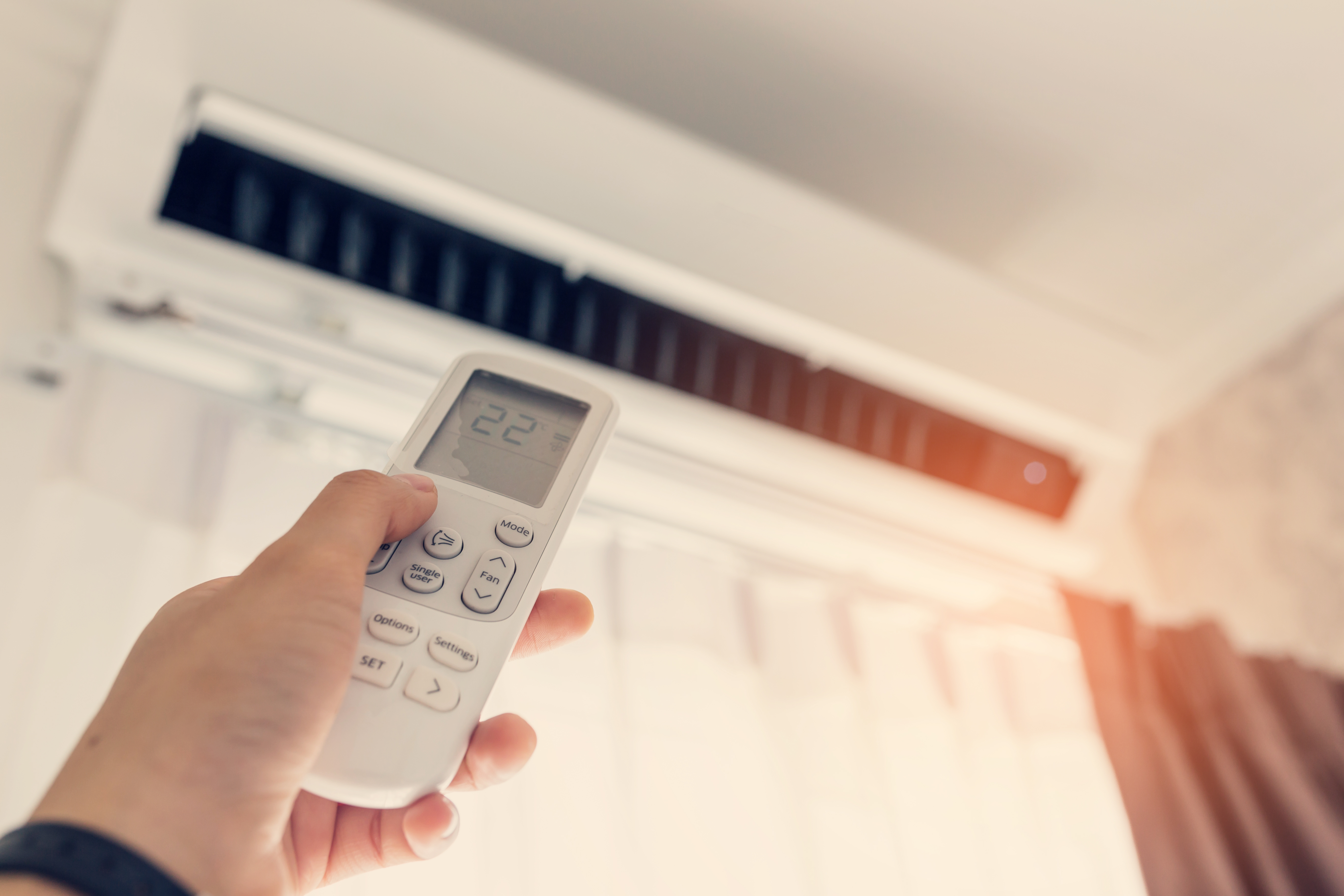
Credit: figliasons.com
Preventive Measures For Window Ac Water Leakage
A window AC unit blowing out water can be a common issue, but there are preventive measures that can help alleviate this problem. Regular maintenance and cleaning of the unit is crucial to ensure proper function and prevent water leakage. Clearing debris around the unit and condensate drain can also help facilitate proper drainage and prevent blockage. Using a drain pan overflow alarm can provide an early warning system in case of overflow. Monitoring and managing humidity levels in the room can help reduce excess condensation and water buildup. Additionally, scheduling professional maintenance checks can identify and resolve any potential issues before they escalate. By taking these preventive measures, you can maintain the efficiency and longevity of your window AC unit and prevent water leakage.
Frequently Asked Questions For Why Is My Window Ac Blowing Out Water
Why Is My Window Ac Blowing Out Water?
Your window AC may be blowing out water due to condensation buildup. When warm air passes over the cold evaporator coil, moisture in the air condenses and collects in the unit. If there’s excessive condensation, it can drip out of the AC and cause water leakage.
Regular maintenance and cleaning can help prevent this issue.
Conclusion
If you find your window AC blowing out water, it might be indicative of a few underlying issues. Common causes include a clogged condensate drain line, improper installation, or a malfunctioning AC unit. It’s important to address these issues promptly to avoid further damage to your AC system and potential water damage to your space.
Regular maintenance and professional assistance can help prevent these problems and keep your window AC functioning optimally.

